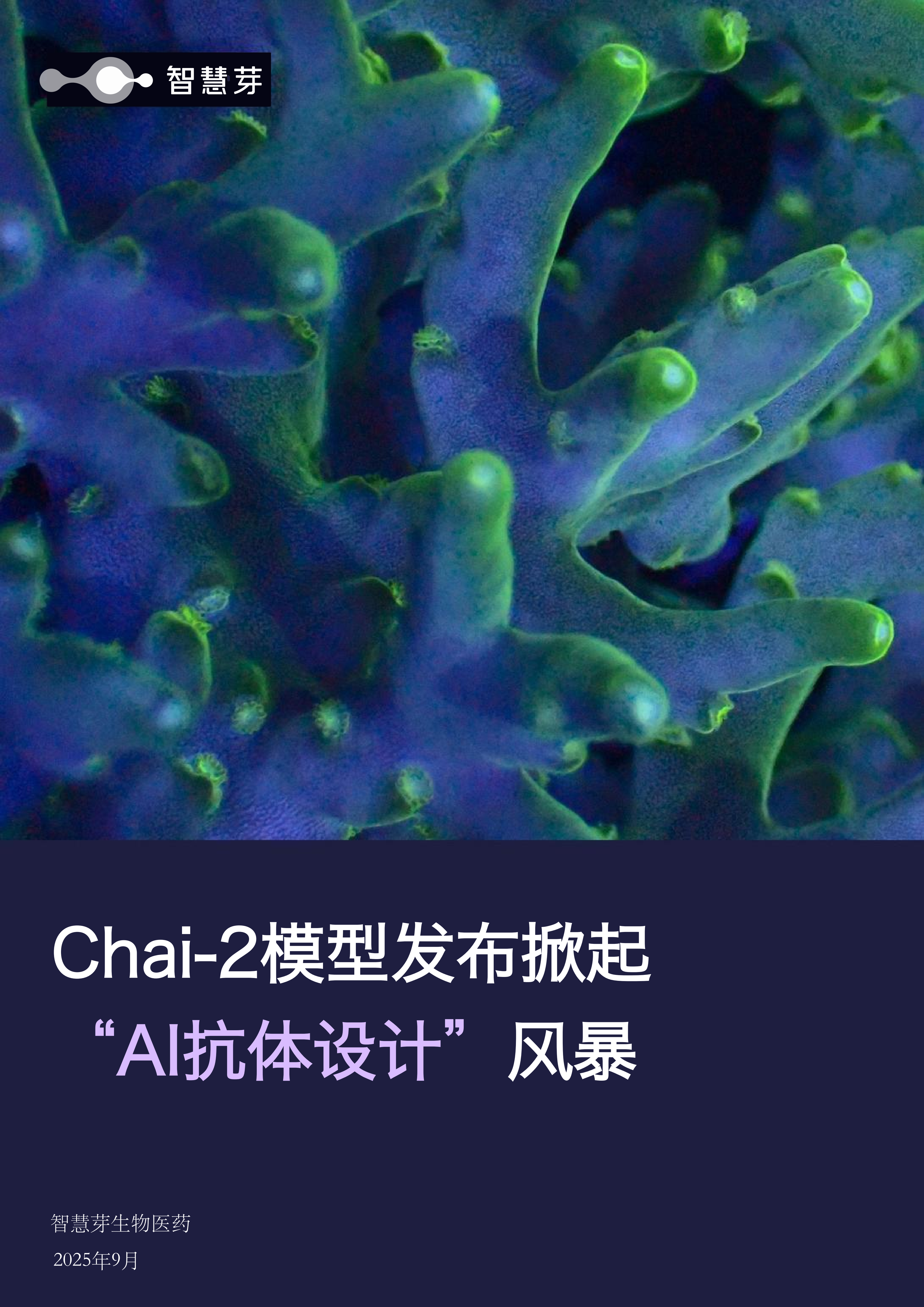预约演示
FDA rejects Daiichi, Merck & Co.'s HER3-targeted ADC over manufacturing concerns
2024-06-27
临床结果临床2期临床3期加速审批抗体药物偶联物
The FDA declined to approve Daiichi Sankyo and Merck & Co.’s HER3-directed antibody-drug conjugate (ADC) patritumab deruxtecan, citing deficiencies at a third-party manufacturing facility identified during an inspection. The rejection delivers a blow to the parties less than a year after Merck agreed to pay $4 billion upfront to jointly develop three of the Japanese pharma’s ADCs.
It also marks the second recent setback to ADCs targeting HER3 after the FDA earlier this month slapped a partial clinical hold on an early-stage study of BioNTech's BNT326/YL202. The agency said the therapy, which is partnered with MediLink Therapeutics, may expose patients to "unreasonable and significant risk of illness or injuries" at higher doses.
Accelerated approval filing
Daiichi and Merck’s filing sought accelerated approval of patritumab deruxtecan, also known as HER3-DXd, to treat adults with locally advanced or metastatic EGFR-mutated non-small-cell lung cancer (NSCLC) previously having received two or more systemic therapies. The submission is backed by the pivotal Phase II HERTHENA-Lung01 study, in which the ADC demonstrated an objective response rate of nearly 30% and a median duration of response of 6.4 months.
The partners on Wednesday did not provide any more details on the manufacturing issues, but clarified that the complete response letter did not raise any concerns over patritumab deruxtecan’s efficacy or safety. “We will work closely with the FDA and the third-party manufacturer to address the feedback as quickly as possible,” remarked Ken Takeshita, global R&D head at Daiichi.
Decision likely in H1 next year
Commenting on the news, Morgan Stanley analysts said the complete response letter does “not constitute a serious issue,” with it likely leading to a delay of around 9 to 12 months and approval in the first half of 2025.
The companies are currently investigating patritumab deruxtecan in the Phase III HERTHENA-Lung02 study in patients with EGFR-mutated locally advanced or metastatic NSCLC following disease progression on or after treatment with a third-generation EGFR tyrosine kinase inhibitor. Other earlier-stage trials include a range of locally advanced or metastatic solid tumours, as well as a study in HER3 expressing metastatic breast cancer.
Along with patritumab deruxtecan, Daiichi and Merck’s alliance includes ifinatamab deruxtecan and raludotatug deruxtecan, which target B7-H3 and CDH6, respectively. Merck is hoping to shore up its oncology portfolio with these assets as its blockbuster Keytruda (pembrolizumab) faces patent expiration in 2028. For more, see Spotlight On: ADCs are key to Merck & Co.’s post-Keytruda strategy.
更多内容,请访问原始网站
文中所述内容并不反映新药情报库及其所属公司任何意见及观点,如有版权侵扰或错误之处,请及时联系我们,我们会在24小时内配合处理。
Eureka LS:
全新生物医药AI Agent 覆盖科研全链路,让突破性发现快人一步
立即开始免费试用!
智慧芽新药情报库是智慧芽专为生命科学人士构建的基于AI的创新药情报平台,助您全方位提升您的研发与决策效率。
立即开始数据试用!
智慧芽新药库数据也通过智慧芽数据服务平台,以API或者数据包形式对外开放,助您更加充分利用智慧芽新药情报信息。





